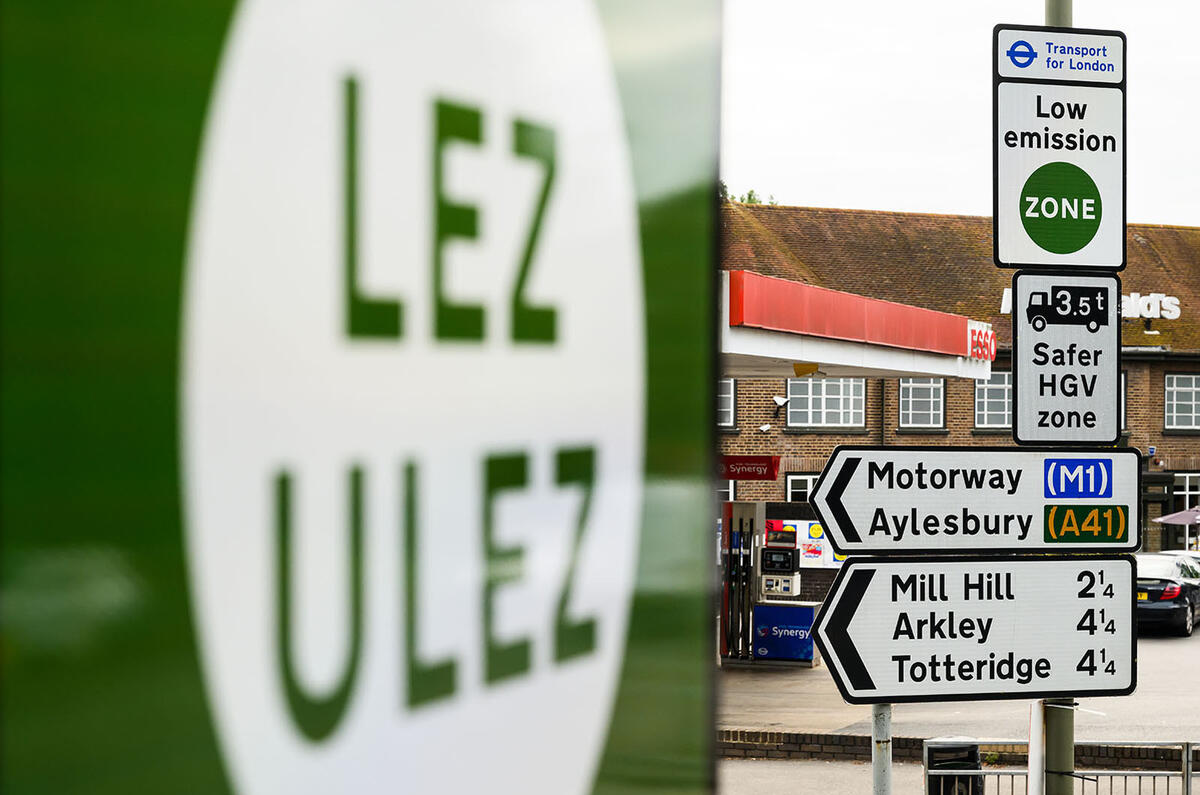When the automotive industry has made the national headlines in recent years, it’s rarely been for positive reasons.
The latest example of this has been the expansion of the Ultra Low Emission Zone (ULEZ) in London, an environmental policy that’s already onto a loser in the popularity stakes by hitting people in their pockets.




Join the debate
Add your comment
Completely agree with contributor about a £500 Fiesta being ULEZ compliant. There are many cheap cars that provide reliable and safe transport. Prices are still seriously skewed by lack of supply of new cars but hopefully this should improve in 2024.
As car enthusiasts we can also be environmentally conscious. Vehicle fumes seriously effect the health of some children in cities - so I support the increase in ULEZ zones and the promotion of EVs. It's also reasonable that low volume manufacturers of high performance petrol vehicles are exempt eg Aston Martin, Caterham, Arial etc. these companies provide Jobs and valuable R&D. The cars are essentially toys/ Sunday cars and do few miles every year.
I have little doubt that the Government linking annual Road Tax to CO2 emissions encouraged manufacturers of large SUVs to improve their engines to emit less CO2. Who wants to pay £500 pa? Also helps Ozone Layer.
The role of the manufacturers deserves inspection - as reported in Autocar recently :- in 2008 it was possible to buy the 4 cheapest cars in UK for less than £8k - the same cars now cost c£15k - nearly double -OK their costs have risen significantly but surely the manufacturers and dealers are 'milking' the situation?
There's no ICE ban in 2030. You will still be able to buy ICE until 2035, it just must be a hybrid.
Please attempt to get it right!
And as for ULEZ compliant vehicles you can buy a 2005 Ford Fiesta from £500. ULEZ compliant. I mean come on Autocar.